Property accounting
Giving you room to grow
Not all accountants are landlord accountants. You can get basic services from any accountancy firm but they may not understand the challenges you face as a landlord and the nuances involved in managing your finances and property taxes.
Effective property management accounting is key to tracking transactions, managing budgets and compliance. This gives property owners the information they need to make informed decisions on their investments.
Investing in property isn’t as easy as it seems. There are multiple taxes to deal with and various legal obligations landlords need to follow to stay compliant.
We work with our landlord clients to help them get the most out of their portfolio and retain more of their rental income.
What is Property Management Accounting?
Property management accounting is a branch of accounting that focuses on the financial management and reporting of real estate properties. This type of accounting involves detailed tracking, analysis and reporting of financial transactions related to the operation, maintenance and administration of properties. Key tasks in property management accounting are recording and categorising income and expenses, tracking rent payments, managing budgets and preparing financial statements. By being compliant with the relevant laws and regulations, property management accounting gives landlords a clear picture of their financial position.
Accounting Basics for Landlords
As a landlord, understanding the basics of accounting is key to running your property management business. This means getting to know financial statements like balance sheet, income statement and cash flow statement. You should also understand accounts payable, accounts receivable and depreciation. Keeping accurate financial records including detailed income and expenses is not only for tax compliance but also for making business decisions. By learning these basics, you can ensure the stability and growth of your property. management business.
Tackling your property taxes
As we said, there are multiple taxes for landlords like yourself to contend with. If you sell a home that’s not your main residence you’ll have to pay capital gains tax on the profit.
Adding a new property to your portfolio will also require you to pay stamp duty or land transaction tax if you’re in Wales.
You’ll have different tax liabilities depending on your business structure. If you’re a private landlord, you have to track your annual profit and pay income tax on any profit over £1,000. Limited companies, meanwhile, have to pay corporation tax.
The good news is, no matter your business structure, we can help you reduce your tax bill through reliefs and allowances. We’ll keep you on the right track at all times.
Some landlords decide to rent out a room in their own home which can be a tax efficient way to earn some extra income. Alternatively, you may decide to convert one of your properties into a holiday home. Whatever your property business we’ll be here to advise and guide you through it.
Financial Statements for Property Management
Financial statements are the foundation of property management accounting, giving a snapshot of a property’s financial position. There are three main types of financial statements:
- Balance Sheet: This statement shows a company’s assets, liabilities and equity at a point in time.
- Income Statement: Also known as the profit and loss statement, it shows a company’s net income over a period of time.
- Cash Flow Statement: This statement breaks down a company’s cash flow, showing the inflows and outflows of cash and gives insight into liquidity and ability to meet financial obligations.
By reviewing these financial statements regularly, property managers can make informed decisions to improve the financial health of their properties.
Efficient Accounting Solutions for Landlords
Accounting solutions play an important tole in keeping your property management business running smoothly. Here are some you might want to consider:
- Keep Accurate Financial Records: Record all income and expenses related to your properties.
- Use a Separate Bank Account: All business transactions should go through a separate bank account to simplify financial tracking.
- Financial Reporting System: Track key performance indicators to monitor the financial health of your properties.
- Property Management Accounting Software: Automate financial tasks and improve accuracy.
- Review Financial Statements Regularly: Comply with tax regulations and make informed business decisions by reviewing your financial statements regularly.
By using these accounting solutions, landlords can improve their financial management, reduce errors and increase profits.
Building your property management company portfolio
Ambitious landlords may not just want to stop at one or two properties. A property management company can manage financial transactions related to property operations. If you want to grow your property portfolio, our landlord accountant services are here to help.
We can help you find the best buy to let mortgage deals on the market. We want you to get a good return on your investment so we’ll make sure we explore all your options.
From there, we can help you manage finances to ensure you have the capital you need to hit your targets and build a sustainable rental business.
Heard enough?
To talk about what you need, just drop us a message, and we’ll be right with you.







